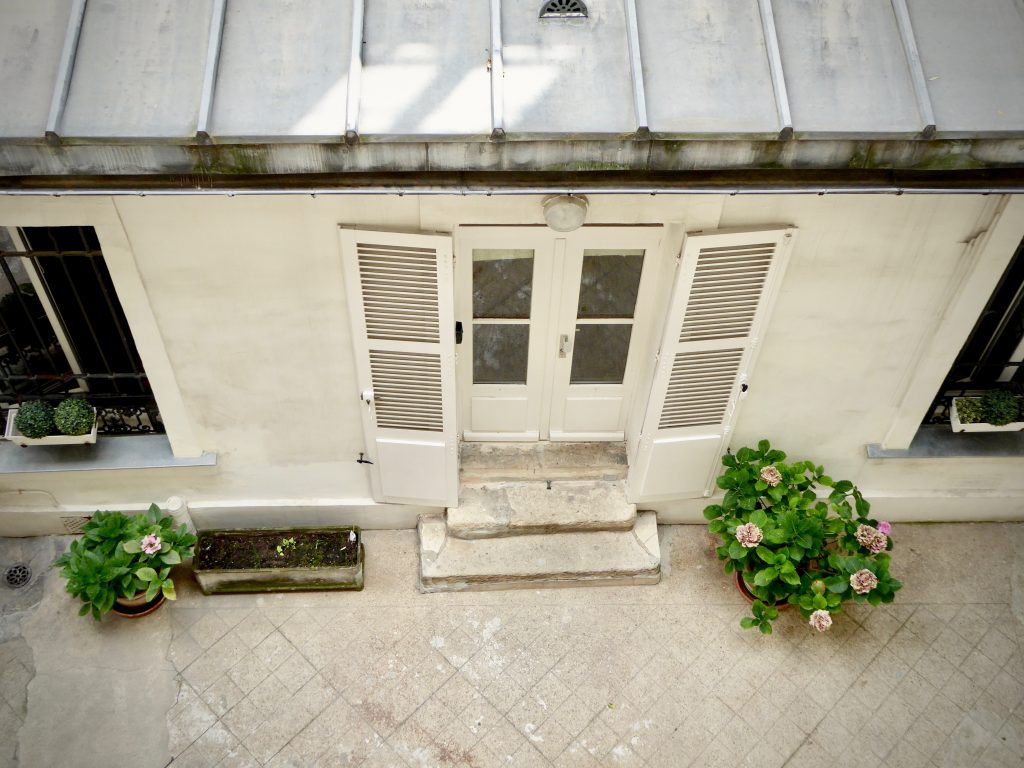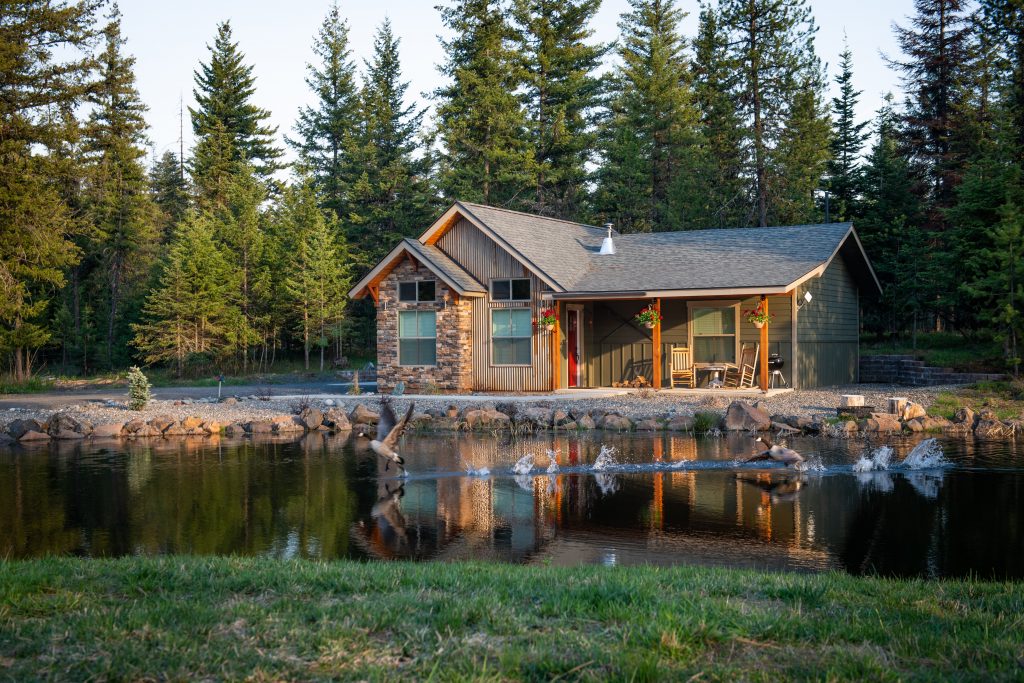Need any help? Contact us:

Table of Contents

Airbnb apartments have changed the way people book, and think about, accommodation when travelling. Not only are Airbnbs a cheaper option for travellers, and often more convenient, they also offer a more culturally-rich experience. It is no wonder this type of lodging has taken the world by storm. But have you ever wondered if this is actually permitted under the law? Each city and country has its own laws that govern how short term rentals can operate, this article is going to explore some of them.
Hong Kong
All operations of hotels and short-term guesthouses in Hong Kong are regulated by the Hotel and Guesthouse Accommodation Ordinance (“HAGAO”). Under the ordinance, anyone who intends to operate, keep, manage, or control a hotel or guesthouse has to hold a valid licence. The requirement of the license is to ensure that these accommodations are safe and fit for living. To acquire a license, hotels and guesthouses have to satisfy strict requirements, here is an overview of the major features:
-
Building safety and sanitation
- Follow the Codes of Practice issued by the Buildings Department — including the provision of , fire-resisting constructions, a means of escape in case of fire and a means of access for firefighting
- Have sufficient lighting, ventilation and sanitary fitments (eg. hand basins, showers, proper water supply and water drainage systems)
- Free from unauthorised building work
-
Fire safety
- Follow the Fire Services Department’s Codes of Practice for minimum fire service installations and equipment
- Follow The Building (Ventilating Systems) Regulations for installation of ventilation systems
- Follow The Electricity (Wiring) Regulations for fixed electrical installation works
- Follow The Gas Safety Ordinance for the use and installation of gas works
-
Choice of location
- Premise is for domestic or hotel use as approved by the Building Authority or is situated in a domestic use village or has obtained written acceptance from the Building Authority to change the use from non-domestic to domestic/hotel
- Industrial building, a basement, an unauthorised structure or on upper floors (unless previously permitted) are strictly banned
-
Administrative measures
- A 24-hour manned counter is in place
-
Insurance
- A third party risks insurance policy with a minimum limit of indemnity of HK$10 million per event and cover for unlimited events for any one period of insurance is in place
Given these stringent and complicated requirements, a regular domestic premise is unlikely to qualify for a license. Nonetheless, unlicensed guesthouses are commonly seen in Hong Kong.
However, the maximum penalty for running an unlicensed guesthouse is a HK$200,000 fine and two year’s imprisonment. The Office of the Licensing Authority under the Home Affairs Department also dedicates a team to browse the internet for suspected unlicensed guest houses. Each year, hundreds of homeowners are convicted. As such, despite the lucrative returns from renting out your apartment, the legal risks of operating an unlicensed guesthouse are pretty high.

Australia
The Australian Residential Tenancy laws apply to tenancies for periods above 3 months. Airbnb short term rentals are therefore not governed by this law. In light of the rising trend for short-term rentals, the Fair Trading Act 1987 introduced sections 52A to 54E to fill the 3-month gap.
The applicability of the new law is as follows:
- Time period:
- Rental not more than 3 months at any one time
- Premises:
- Residential premises used for a commercial arrangement
- Short-term rental accommodation industry participants
- Platforms that provide online booking service (eg. Airbnb or HomeAway)
- Agents that carry on this business (eg. property managers or holiday letting agents)
- Hosts giving another person a right to occupy as a short-term rental
- Visitors occupying for a short-term rental
- Any other person that facilitates short-term rental accommodation arrangements
If your situation falls within the application of the new law, you must comply with the ‘Code of Conduct for the Short-term Rental Accommodation Industry’. The code is very comprehensive and aims to ensure safety, honesty, responsibility and social-friendly behaviour from all parties. It sets out the rights and obligations of short-term rental accommodation industry participants. If you are an Airbnb host or a related agent, be sure to familiarise yourself with the code to avoid any breaches. Visit the official government website for detailed provisions of the code. A serious contravention of the code will be a criminal offence, punishable by a fine of up to AU$1.1 million for corporations and AU$220,000 for individuals.
Singapore
There are estimated over 7000 Singapore property listings on Airbnb. However, you are likely to be in breach of Singapore’s housing laws when renting your property out. In general, short-term rentals under these circumstances are illegal:
- Renting out your Housing Development Board (HDB) flat
- HDB flats cannot be rent out to tourists, except foreigners who hold passes such as Student Passes and Long-Term Social Visit Passes
- Renting out your property for too short a period of time
- Private residential property owners are prohibited to rent out their property for less than 3 consecutive months unless permission is obtained from the Urban Redevelopment Authority (URA)
- Renting out your property to too many people at one time
- Up to 6 people are allowed to stay in a private residential property at any one time unless permission is obtained from the URA
As can be seen, Singapore’s housing law pretty much forbids Airbnb arrangements given the 3-month rule. Owners found guilty can be fined up to $200,000 and $10,000 for each extra day of rental after conviction and a possible jail term of up to 12 months.
The laws and regulations surrounding short-term rentals vary from country to country. Breaching housing laws often come with hefty liabilities. It is advisable to go through your hometown’s laws before listing your premise on platforms like Airbnb.
This article does not constitute legal advice.
The opinions expressed in the column above represent the author’s own.
Start managing your legal needs with Zegal today
READ MORE:Everything You Need To Know On Singapore’s E-payment User Guidelines
FURTHER READING: Will Singapore’s Changes To The Employment Act Affect Your Business?




